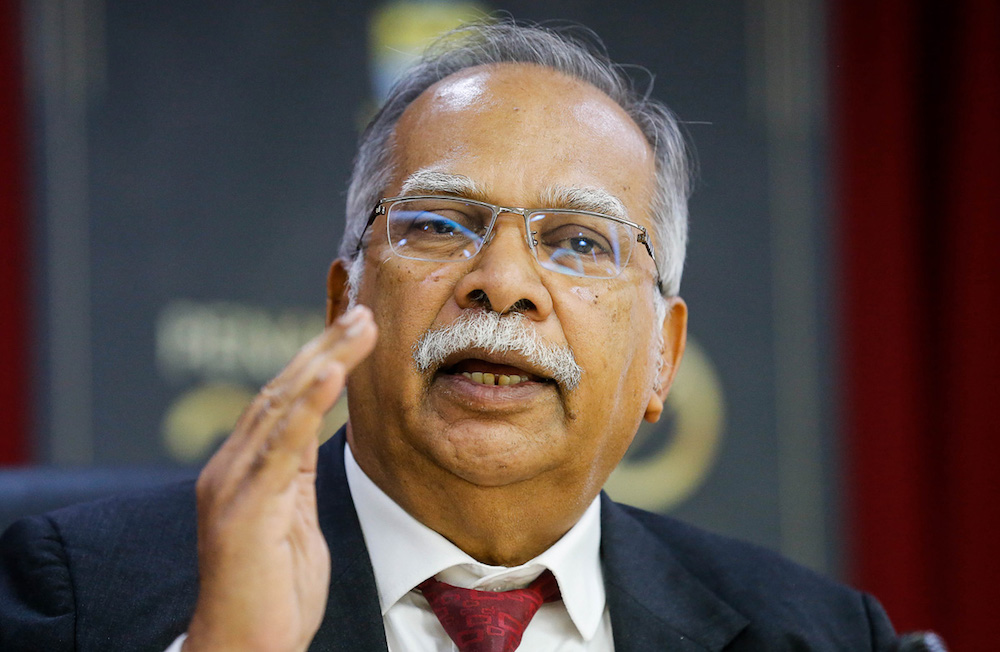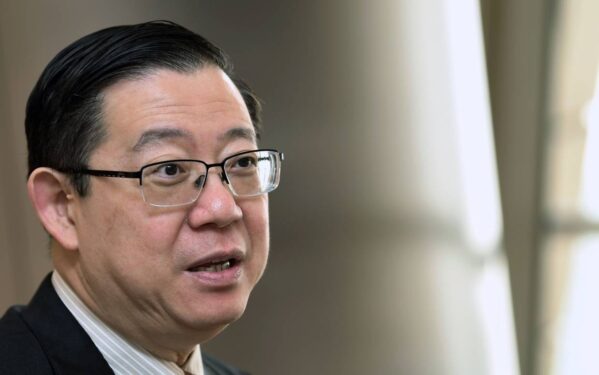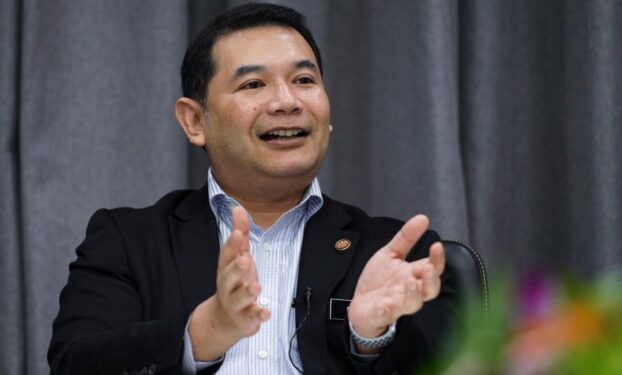RATHER than integrity and anti-corruption courses, designing and teaching courses in ethics and morality would be more meaningful to stamp out corruption in the country, said Penang deputy chief minister II Dr P. Ramasamy.
Ramasamy said this in response to the announcement by the Special Cabinet Committee on Anti-Corruption who said on Saturday (June 4) that the Integrity and Anti-Corruption course will be made compulsory in all higher learning institutions (IPTs) from next year.
At a press conference following the closing ceremony of the Anti-Corruption Convention at Universiti Malaya Malaysian Anti-Corruption Commission (MACC) deputy chief commissioner (prevention) Datuk Seri Norazlan Mohd Razali said that the course would offer structured learning to enable students to have a better understanding of corruption and its impact not only on themselves but also on the country.
“The idea to introduce these courses seems to emanate from the fact that corruption is on the rise especially among the youths in the country,” said Ramasamy.
“Corruption has become so common that there have been suggestions that the Government offers amnesty to those involved in petty corruption so that the anti-graft agencies can go after the major culprits of corruption in the country.”
While Ramasamy noted that this is something that could potentially be considered, the idea of an amnesty might not sit well with those who had suffered as a result of corruption or other misdeeds.
“If it is a problem of clearing backlogs, I suspect the government agencies entrusted with wiping out corruption have been dragging their feet,” he opined.
“Amnesty cannot be introduced without a thorough study or to provide immunity against those who have been arrested for corruption, however petty the offences are.”
MACC not the appropriate party to design varsity courses
Ramasamy further pointed out that MACC might not be the appropriate party to design and introduce anti-corruption courses in universities.
In addition to the anti-corruption agency’s dented image over accusations of selective prosecution, Ramasamy also pointed to the fact that its chief commissioner Tan Sri Azam Baki had refused to step down pending investigation carried out against him for alleged corruption following his share-trading controversy from earlier this year.
“There is nothing wrong with introducing courses on integrity and anti-corruption but whether these will effectively curb practices of corruption remains to be seen,” he commented.
“Studying hard to pass examinations hardly prepares students to internalise the ethics, values and morality essential to stamp out the scourge of corruption.”
Ramasamy also noted that the introduction of these course seems to be predicated on the false notion that taking courses – particularly in relation to eradicating corruption – might be the best way.
“The introduction of these courses seems to be predicated on the false notion that taking courses particularly in relation to wiping out corruption might be the best way,” he said.
Noting that it is important to get to the roots of the present malaise rather than “haphazardly treating the symptoms” Ramasamy opined that designing and teaching courses on ethics and morality would be more meaningful than lectures on integrity and anti-corruption.
“I would like to suggest that the government appoints a consultant on the basis of devising courses in universities that might be intellectually and philosophically challenging to students,” he commented.
“Offering course on integrity and anti-corruption should be more philosophical in orientation in determining why and where we have gone wrong in combatting corruption, various manifestations of financial misdeeds and others.
The problem with universities today, at least in this country, is the complete lack of courses in philosophy, Ramasamy reckoned.
“It is philosophy that will provide some understanding as to human frailties and how to combat them and mere introduction of courses in integrity and anti-corruption will just be a waste of time and public resources.” – June 6, 2022










